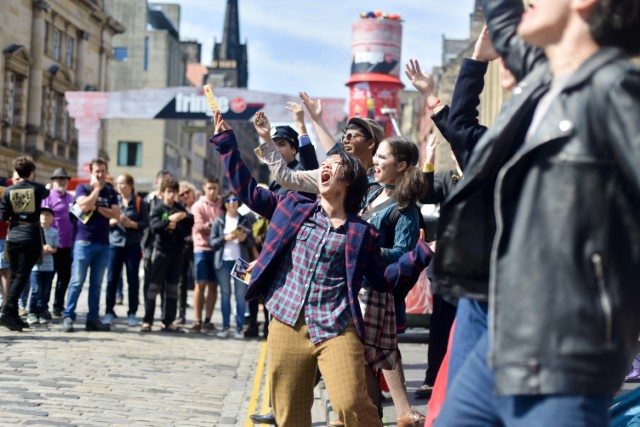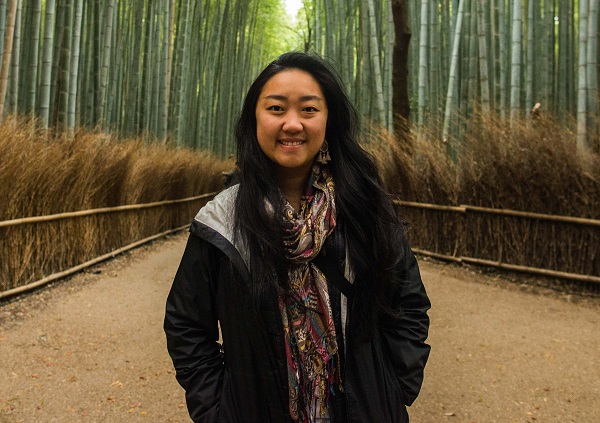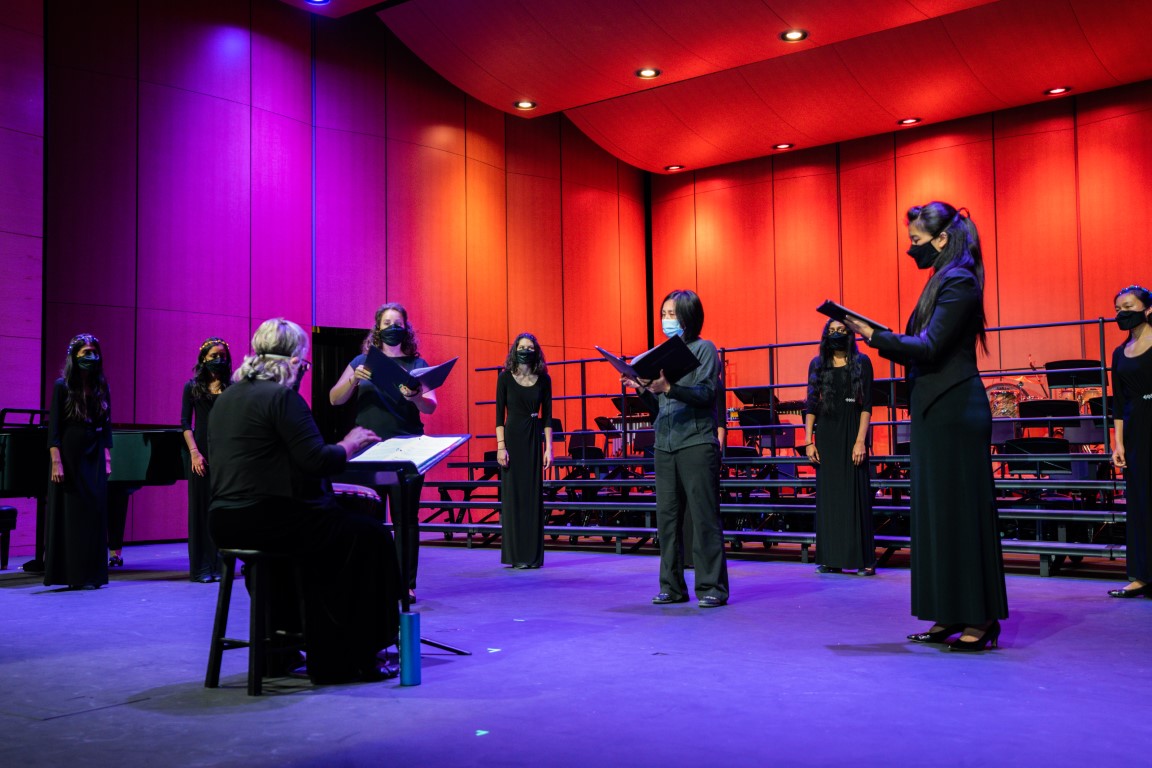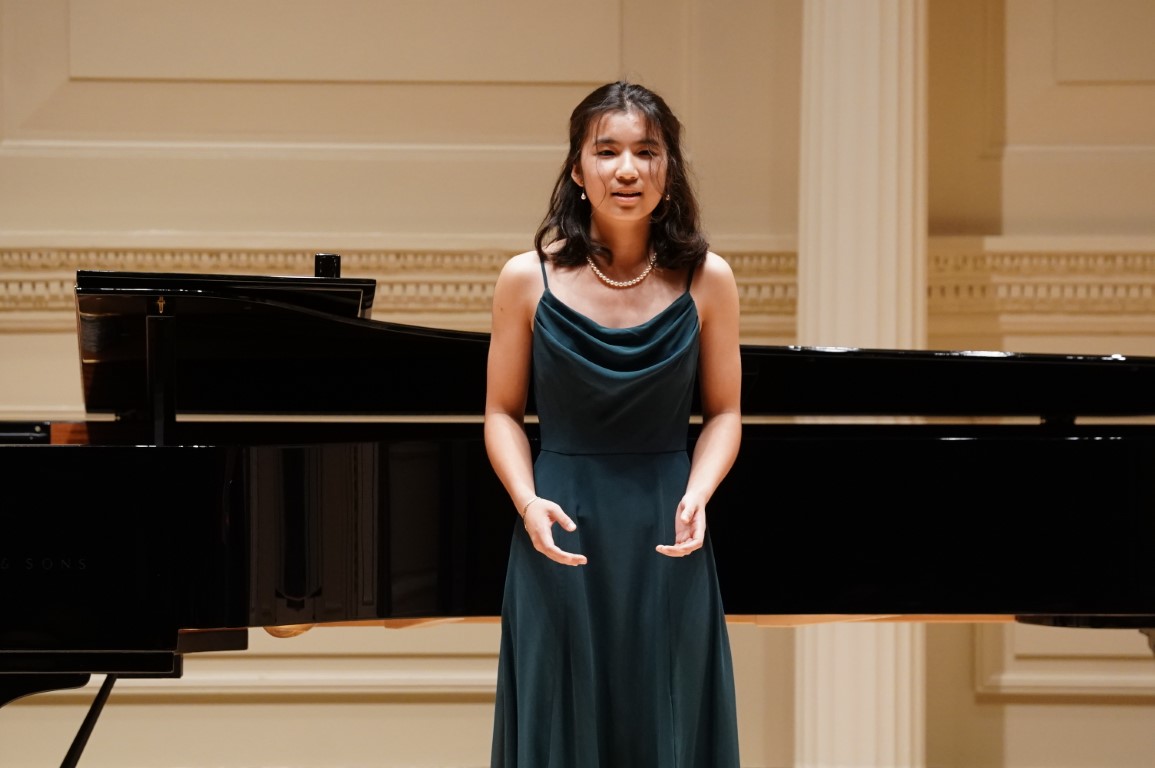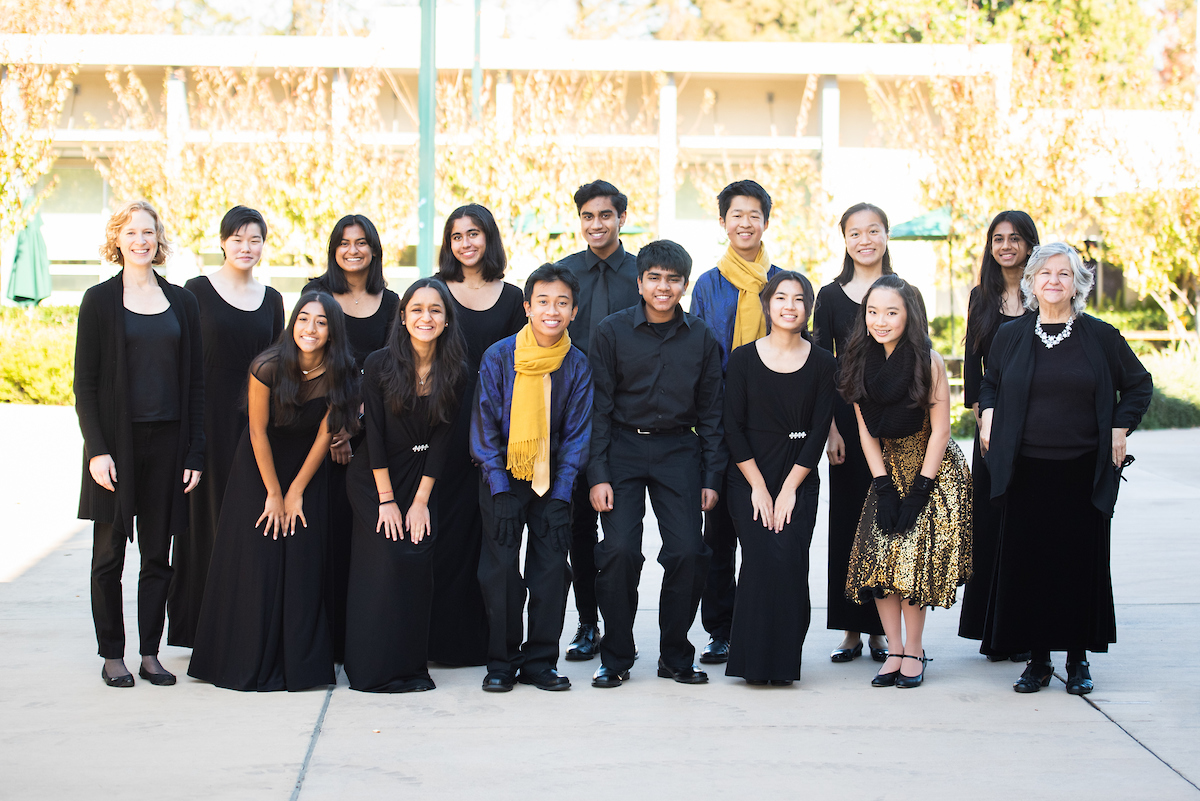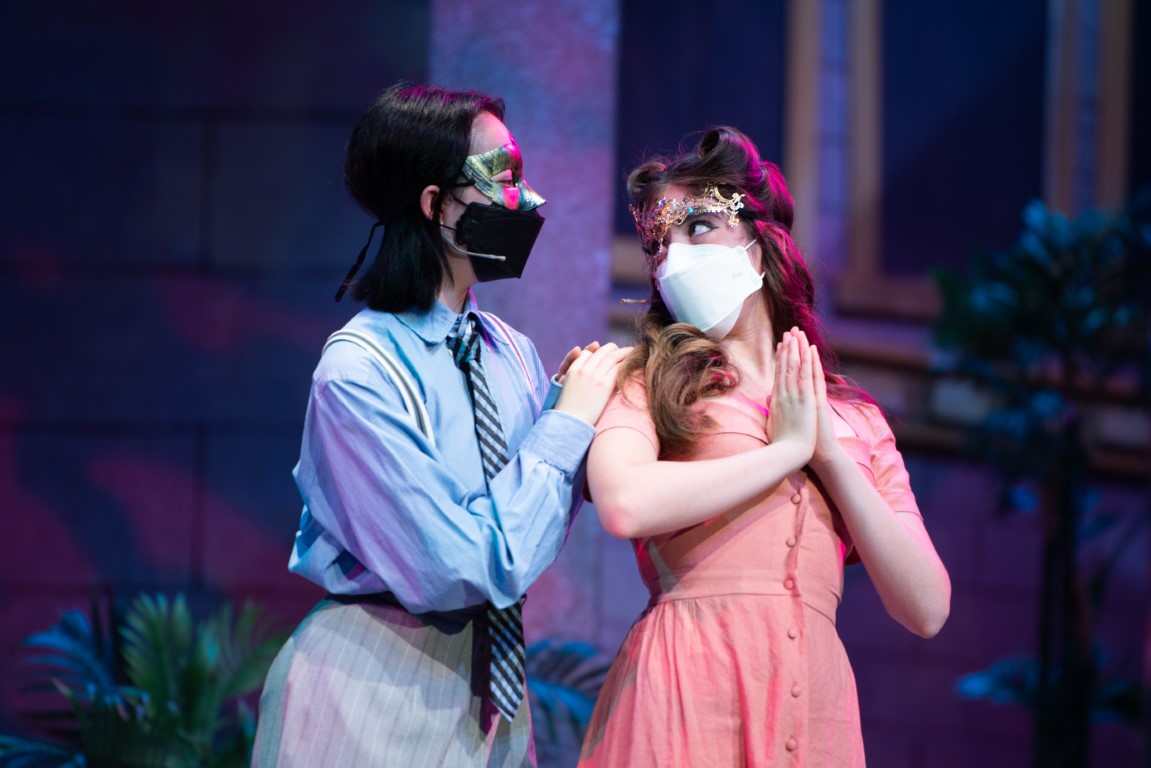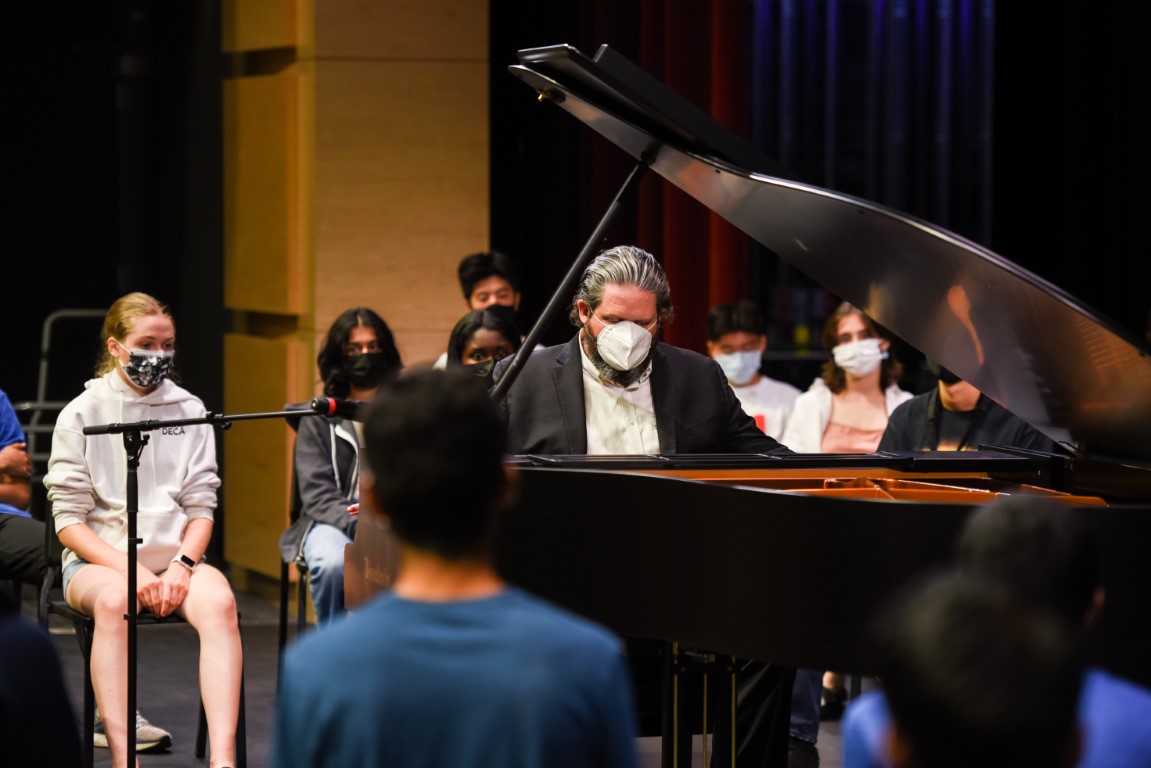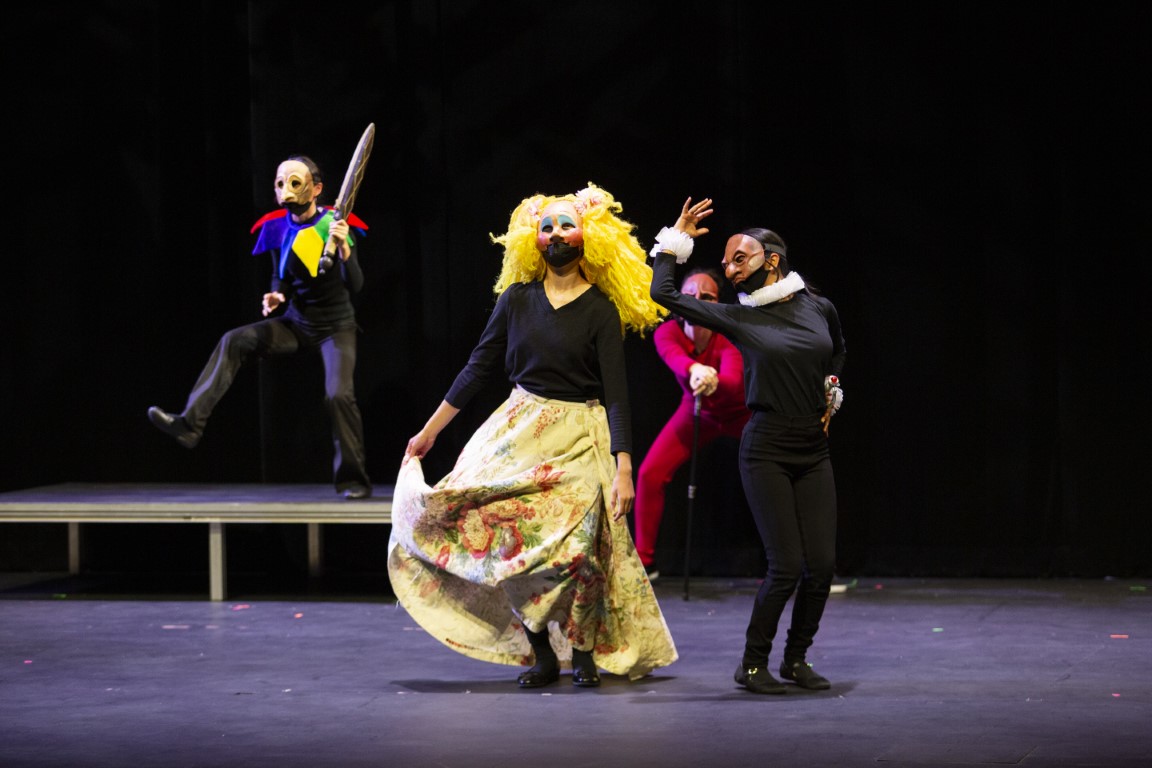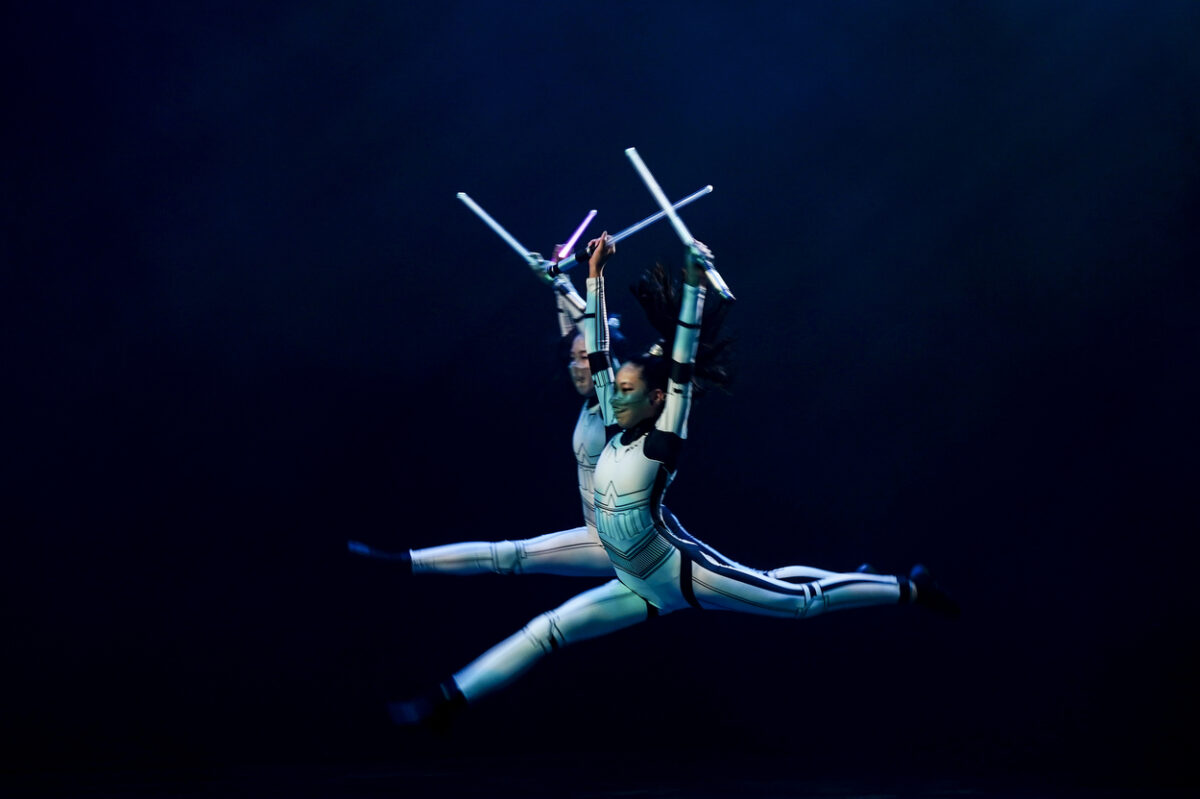At Friday night’s Senior Showcase, 17 seniors became graduates of the Harker Conservatory’s certificate program, each having spent four years studying one of the conservatory’s six disciplines.
Performing Arts
Harker Conservatory invited to perform at Festival Fringe in 2023
The American High School Theatre Festival has invited the Harker Conservatory’s musical theater program to perform at the 2023 Edinburgh Festival Fringe, the world’s largest international arts festival.
Alumna produces virtual concerts for St. Louis Symphony Orchestra
Audrey Kwong ’07, a Harker Conservatory graduate who currently works as artistic operations manager for the St. Louis Symphony Orchestra, has been producing virtual concerts during the COVID-19 pandemic.
Alumnae faculty join Cantilena for concert guest appearance
At last month’s upper school winter choral concert, women’s vocal group Cantilena was joined by three Harker alumnae who are now faculty members.
Upper school singer performs at Carnegie Hall
In December, sophomore Miki Mitarai, who was a second-place winner in the fall 2020 American Protégé International Music Talent Competition, gave a performance at New York City’s Carnegie Hall.
Record number of Harker singers accepted to honor choirs
Harker upper school singers were recently named to three honor choirs.
Upper school fall play ‘Much Ado About Nothing’ delights audiences
This year’s upper school fall play, “Much Ado About Nothing,” which premiered last week, brought audiences to the Patil Theater to enjoy a unique interpretation of one of Shakespeare’s most beloved comedies.
Jazz pianist gives impromptu masterclass to students
Upper school jazz band members attended an impromptu masterclass by pianist Dalton Ridenhour in the Patil Theater.
Summer @ the Conservatory attracts young acting enthusiasts
Young theater enthusiasts returned to upper school campus this summer for another run of Summer @ The Conservatory, during which students in a variety of grade and experience levels learned the fundamentals and finer points of performing for stage and screen.

